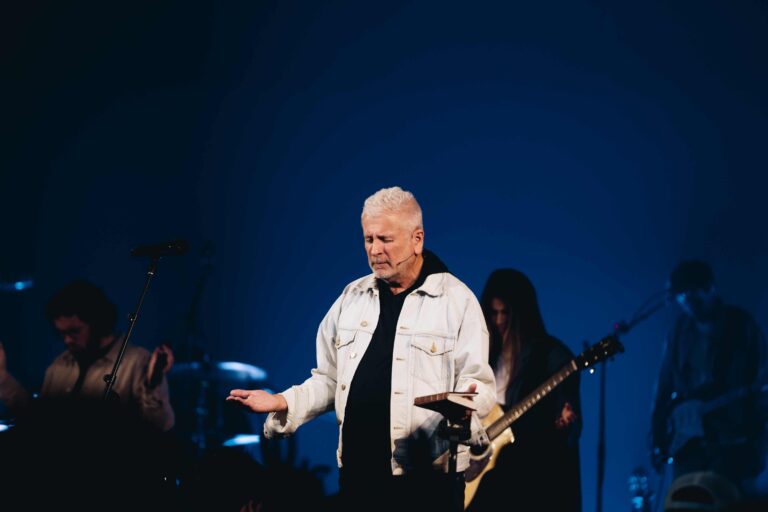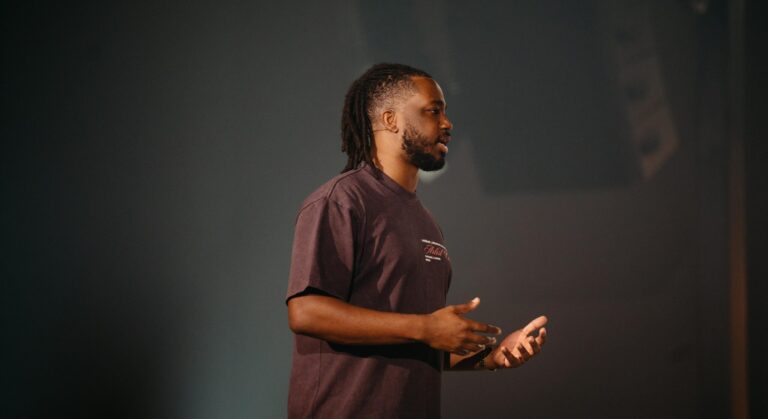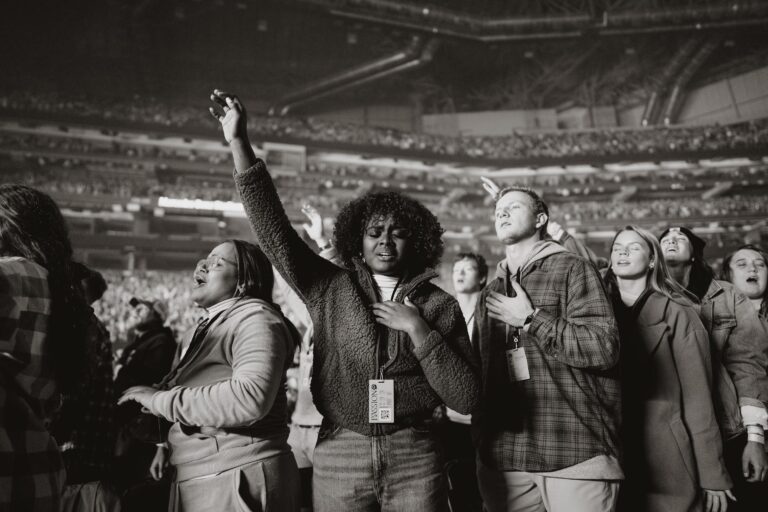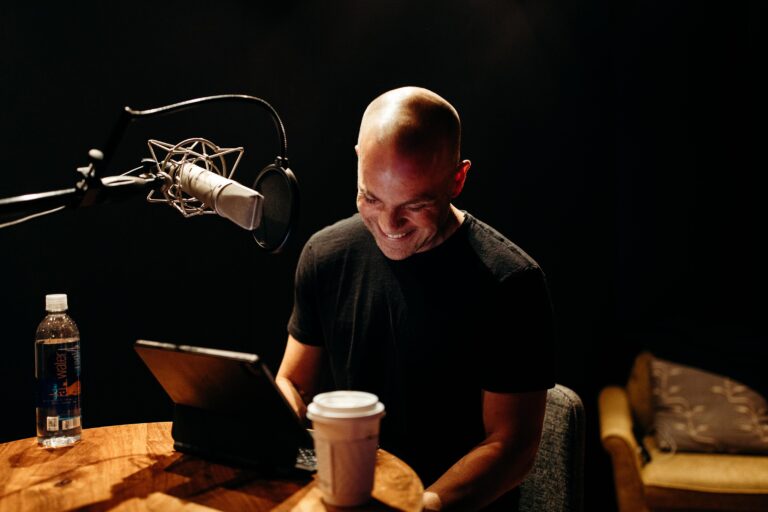Introduction
Neil Armstrong was sixteen when he earned his first pilot's license.
Sixteen.
Maybe in that small city outside of Wapakoneta, Ohio, the world should have sensed what we now know: Neil Armstrong would go on to defy gravity and, in time, change history itself. Even if they knew he spent his nights experimenting with model planes in a wind tunnel he built in his parent’s basement, could they have ever guessed that he would leave the first footprints on the moon? And if they had been so bold as to imagine that, could they have ever guessed that boys and girls worldwide would memorize the words that came flying back to Earth across the blackness of space?
“That’s one small step for a man, one giant leap for mankind.”
If you close your eyes, you can hear it…the kind of static-filled transmission you instantly recognize as NASA that sends your mind hurtling through possibility after possibility.
It’s inspiring, and it should be.
For a moment, just a short moment, one man stood where no one ever had, where few ever would.
But it’s a different quote from Neil Armstrong that has captured my attention recently, one given from the heart of a hero who has counted the cost of what it took to stand in that place:
“I was certainly aware that this was a culmination of the work of 300,000 or 400,000 people over a decade and that the nation’s hopes and outward appearance largely rested on how the results came out. With those pressures, it seemed the most important thing to do was focus on our job as best we were able to and try to allow nothing to distract us from doing the very best job we could. And, you know, I have no complaints about the way my colleagues were able to step up to that.
…
Each of the components of our hardware were designed to certain reliability specifications, and far the majority, to my recollection, had a reliability requirement of 0.99996, which means that you have four failures in 100,000 operations. I’ve been told that if every component met its reliability specifications precisely, that a typical Apollo flight would have about [1,000] separate identifiable failures. In fact, we had more like 150 failures per flight, [substantially] better than statistical methods would tell you that you might have.
I can only attribute that to the fact that every guy in the project, every guy at the bench building something, every assembler, every inspector, every guy that’s setting up the tests, cranking the torque wrench, and so on, is saying, man or woman, “If anything goes wrong here, it’s not going to be my fault, because my part is going to be better than I have to make it.” And when you have hundreds of thousands of people all doing their job a little better than they have to, you get an improvement in performance. And that’s the only reason we could have pulled this whole thing off.
…
The way that happens and the way that made it different from other sectors of the government to which some people are sometimes properly critical is that this was a project in which everybody involved was, one, interested, two, dedicated, and, three, fascinated by the job they were doing. And whenever you have those ingredients, whether it be government or private industry or a retail store, you’re going to win.”
32 years after the Apollo 11 mission, Neil Armstrong knew that “…one small step for a man, one giant leap for mankind…” only happened because there was an army of people who were:
- Interested in the work they were doing.
- Dedicated to the work they were doing.
- Fascinated by the work they were doing.
And when those three things are true, he said, anything is possible.
So let me ask you this. Can any of those things be said about you? And if you’re in leadership, are these things said about the people you lead?
If they are, let me be the first to say, congratulations! You work in what I’ve come to call, A House of Heroes—a group of people so interested in, dedicated to, and fascinated by the work they have been invited to that they do whatever it takes to make their piece of the story better than what was required.
But what if these things are not true of you or your staff?
That’s okay. Culture is what you make it, and there’s always time to build something new; ask Nehemiah.
Most of us are familiar with the story of Nehemiah. A man of God captured by the Babylonians and serving as cupbearer to the King learns that the city he loves, the city of Jerusalem, was still without a protective wall.
They said to me, “Those who survived the exile and are back in the province are in great trouble and disgrace. The wall of Jerusalem is broken down, and its gates have been burned with fire.” When I heard these things, I sat down and wept. For some days I mourned and fasted and prayed before the God of heaven.
Nehemiah 1:3-4
Scripture says that Nehemiah was so moved by the plight of Jerusalem that he rolled the dice, risked his life and position and petitioned the King for a chance to go and rebuild the wall. Yes, he did all of the spiritual things; he wept, mourned, fasted, and prayed, but he also added a fifth step…he acted.
Because of his faith, Nehemiah would be known to history as the builder of the wall.
But he wasn’t alone.
Eliashib the high priest and his fellow priests went to work and rebuilt the Sheep Gate.
The men of Jericho built the adjoining section.
Zakkur son of Imri built next to them.
The Fish Gate was rebuilt by the sons of Hassenaah.
Meremoth son of Uriah, the son of Hakkoz, repaired the next section.
Meshullam son of Berekiah, the son of Meshezabel, made repairs.
Zadok son of Baana also made repairs.
The next section was repaired by the men of Tekoa.
The Jeshanah Gate was repaired by Joiada.
Next to them, repairs were made by men from Gibeon and Mizpah.
Uzziel son of Harhaiah, one of the goldsmiths, repaired the next section.
Hananiah, one of the perfume-makers, made repairs next to that.
Rephaiah son of Hur, ruler of a half-district of Jerusalem, repaired the next section…
Those names listed above are only a fraction of the people listed in the book of Nehemiah, who would help rebuild and repair the wall of Jerusalem. Why? Nehemiah’s work, the work he was interested in, dedicated to, and fascinated by, caused a ripple effect among the people around him. It moved them to take up their role in the larger picture, to find the same interest, the same dedication, and the same fascination in rebuilding the wall of Jerusalem—no matter the role.
One man didn’t rebuild Jerusalem’s wall; a community of people built it, a House of Heroes through the power of almighty God.
And when the enemies of Jerusalem realized that…it moved them, too.
When all our enemies heard about this, all the surrounding nations were afraid and lost their self-confidence, because they realized that this work had been done with the help of our God.
Nehemiah 6:16
See when you and I bring our, “interested in,” our, “dedicated to,” and our, “fascinated by,” and that meets the tsunami that is the power of God, things happen that mystify all people. Yes, it may be the people who scoff at us, but it may also be that the people on Earth who have been searching for God will finally pause long enough to recognize His work when the impossible becomes possible.
“But Louie,” you might say, “I’m not the Nehemiah type, and I’m definitely not Neil Armstrong.”
Well, that’s fine, no one is asking you to be anyone other than who God made you. Uzziel was a goldsmith, Hananiah was a perfume-maker; at NASA there were welders, and janitors, and code-writers. And what made the impossible possible was their dedication to make their part, “better than they had to.”
At Passion, our mission is to galvanize everyone who has breath with the passion to spend their brief moment on Earth for what matters most: loving Jesus and echoing His Glory.
Your mission may be different, look different, and even sound different. But ultimately, if you want to capture the world’s attention, you will need a House of Heroes who are interested in, dedicated to, and fascinated by the role they play. It may be just you. It was Nehemiah to start, but eventually, that kind of passion will draw like-minded people alongside you.
Fifty-one years ago, a Navy frogman Clancy Hatleberg jumped into the Pacific Ocean to pull Neil Armstrong, Buzz Aldrin, and Michael Collins out of the command module, disinfect them and send them on their way to a hero’s welcome aboard the USS Hornet. Once the astronauts were safely away, Clancy thoroughly cleaned the rest of the module, sent it away, and sank the flotation collar and his hazmat suit in case of any lunar-contamination.
Clancy Hatleberg was a crucial player in the Apollo 11 mission (which you have known about your entire life), but chances are you didn’t know his name until 102 words ago. Clancy Hatleberg is 76 years old, and for the last 51 years, he’s been able to say he was the first person to welcome back the crew of Apollo 11. One of 400,000—a hero.
I pray that you love being on whatever team you are on, that you are linked up with a group of people who are interested in their work, who are dedicated to the mission, and who are fascinated by their role in the larger picture.
If you’re a leader, I pray you build this type of culture—a house for others to join and thrive within.
If you’re a Pastor, I pray that the church you shepherd is one made up of people on-and-off payroll who see themselves as builders and repairers. I pray that as our houses of heroes go on to do the impossible, through the power of Almighty God, that the world notices and turns their eyes to Him.
That’s the kind of work I’m interested in, the kind I’m dedicated to, the kind I’m fascinated by, and I pray you are too.
Keep Browsing
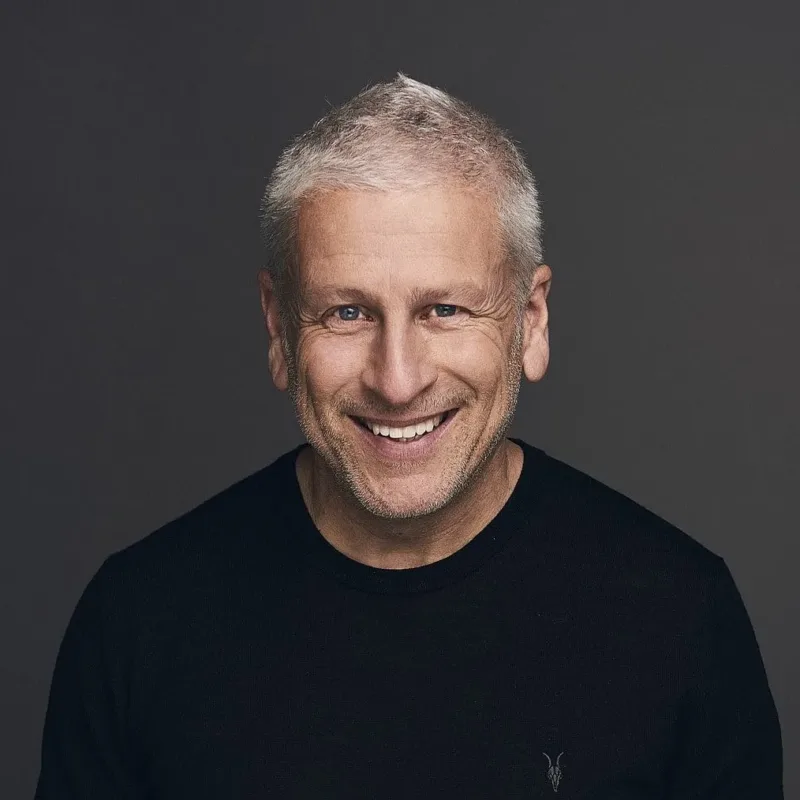
Global Pastor
Louie Giglio Louie Giglio is the Visionary Architect and Director of the Passion Movement, comprised of Passion Conferences, Passion City Church, Passion Publishing and sixstepsrecords, and the founder of Passion Institute.

